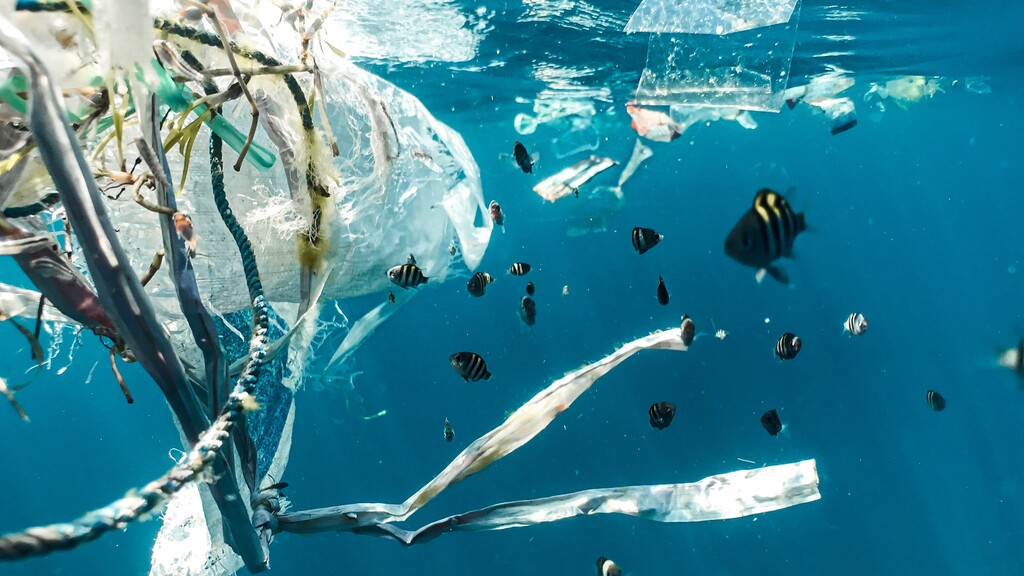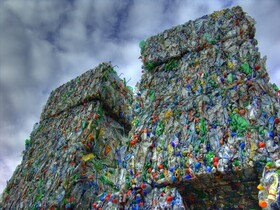


Raw naphtha (naphtha) is converted into butylene, propylene and ethylene in a thermal cracking process. With the help of chemical reactions large net and chain-shaped molecules are formed, which are then processed into a wide variety of plastic pallets.
In the course of the manufacturing process, so-called additives are added to the plastic in order to adapt the material properties to the respective application. Additives include chemical softeners, stabilizers, colorants, fillers and reinforcements. About 60% of the additives produced are plasticizers. With a longevity of about 300-450 years, plastic decomposes only very slowly.
Currently, about 240 million tons of plastic are produced each year.
Today, plastic can be found in a variety of everyday products. They contain numerous chemical substances. These can dissolve during use and get into the human body via the food, the respiratory tract and sometimes even through the skin. Many of these substances are classified as harmful to organisms.
The plasticizer bisphenol A (BPA) can be detached from the plastic coatings by hot liquids and can be absorbed via the oral mucous membranes of humans. BPA is harmful to health and can cause reproductive harm, cardiovascular disease, liver problems and diabetes. Obesity is also associated with this substance. In almost every human, this substance is already detectable in the blood and in the tissue.
Plastic pollutes the nature
Much of the plastic ends up in nature. Alone 6.4 million tons of waste go into the oceans every year. That's 46,000 plastic parts per square kilometer of water surface (UNEP Marine Litter Reports, 2009).
Every year these mass of garbage kills tens of thousands of sea creatures and endanger the marine ecosystem. Just diving seabirds are particularly vulnerable. They eat the small plastic particles, which leads to blockage of the intestine and most of the time to death.
In fact, so-called garbage swirls have formed in oceans today due to natural ocean currents. The most famous of these is the Great Pacific Garbage Patch in the North Pacific, which has reached the size of Central Europe.
From 1 March 2011, production and from 1 June 2011 the sale of baby bottles containing the plasticizer bisphenol A (BPA) was banned in the EU. After months of discussions between the European Commission, the European Food Authority (EFSA), the Member States and representatives of industry, the members of the Standing Committee on Food and Animal Health voted in favor of a proposal for a directive from the European Commission.
In some countries, such as Canada, Denmark, France and some US states, a ban on BPA in the manufacture of children's products is already set by law. In contrast, the EU authorities and also Germany repeatedly postpone decisions regarding BPA.